Introduction
Mycoprotein gets marketed using the brand name Quorn in the United States and other sixteen countries. It’s a protein from a natural fungus known as Fusarium venenatum. It acts as a meat alternative product available in various forms like burgers, strips, patties, and cutlets.
For the sake of your dog we need to tackle the question; can dogs eat mycoprotein? The first thing you need to know is that it’s in itself safe for dogs. But, deciding whether good or bad for your dog depends on the other ingredients mixed with it.
Beneficial Contents
Mycoprotein contains various nutrients beneficial to your dog as follows:
- It contains high fiber content that helps in regulating bowels’ functions and a healthy colon. It aids your dog in preventing constipation and diarrhea.
- Mycoprotein has high amounts of essential amino acids. The amino acids get distributed to your dog’s body cells and are used for protein build-up in the body.
- The ingredient is a nutritious protein source. The body requires proteins to aid in muscle build-up and repair and also maintaining and growth of tissues.
- It contains low sugar, cholesterol, fat, and sodium. That’s ideal for your dog to help prevent health issues like diarrhea, itching, low appetite, and stomach pains.
- Its texture looks like that of meat.
- Compared to beef and chicken meat, it contains low water and carbon.
Products Containing Mycoprotein
You’re already aware that mycoprotein is safe for your dog to eat. We need to look into the other products using it as an ingredient as follows.
- Quorn bacon has mycoprotein, flavorings, egg white, and rapeseed oil. They’re all healthy ingredients making the product safe for your dog.
- Quorn Meat makes an excellent dog food when eaten in moderation. But, it can’t replace animal-based proteins like turkey, steak, chicken, and pork for building healthy muscles.
- Quorn Burgers have onions that are toxic and not ideal for your dog.
- Quorn Ham doesn’t have harmful contents and is therefore ideal for your dog.
- Quorn mince looks like ground beef but is a meatless version. It contains egg white, roasted barley malt extract, and mycoprotein which are all safe for your dog.
- Quorn sausages are vegetarian and a meatless version of pork sausages. It has many ingredients like onions that are toxic and bad for your dog.
- Quorn chicken contains a bit of sugar and onions making it unsuitable for your dog.

Risks of Feeding Mycoprotein to your Dog
Mycoprotein in itself is safe for your dog, but you can’t say the same for products using it as an ingredient. Products like chicken nuggets, sausages, and ham are intended for consumption by humans. They contain spices and onions toxic to dogs and can lead to serious health issues.
When your dog eats excess mycoproteins it can suffer from heavy panting, restlessness, vomiting, anemia, and abnormal urinating. You should also ensure that the Quorn food you give to your dog doesn’t contain sugary food and toxic ingredients like onions.
Preparing Mycoprotein for your Dog
You can make a delicious Quorn recipe for your dog at home. You need wooden skewers, a jug, thermometer, cooling rack, a deep frying pan, and a mixing bowl. In the case of sausages, ensure they’re cold before you dip into the batter so that it doesn’t slide off. The oil temperature should go up to about 180 degrees centigrade for the sausages to get well cooked.
Sources
- What Is Mycoprotein and Is It Safe to Consume?, Health Line, 2019
- Can Dogs Eat Quorn? What You Need To Know About Dogs and Quorn, Renee, 2020
- Quorn corn dogs, ProCook, 2018
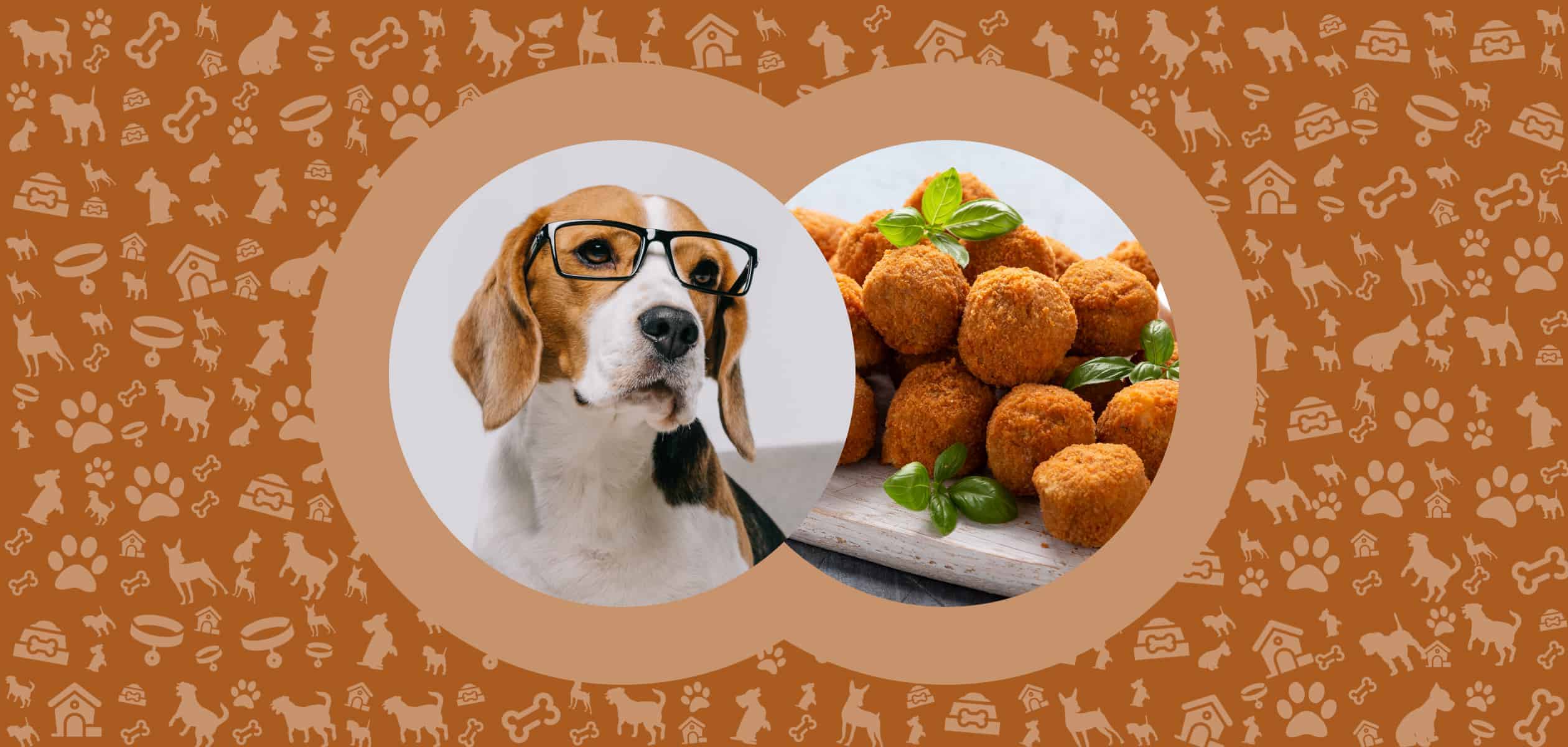
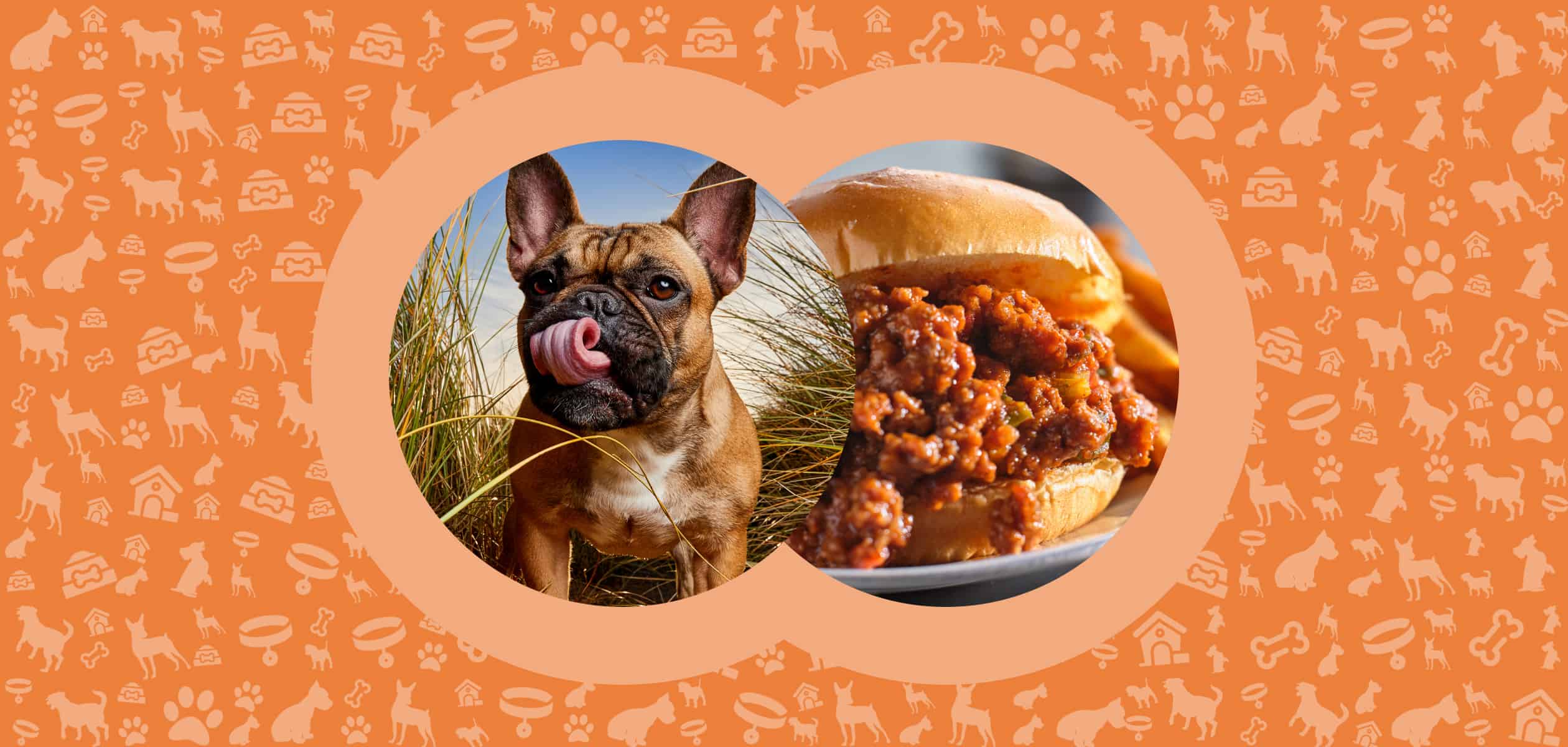
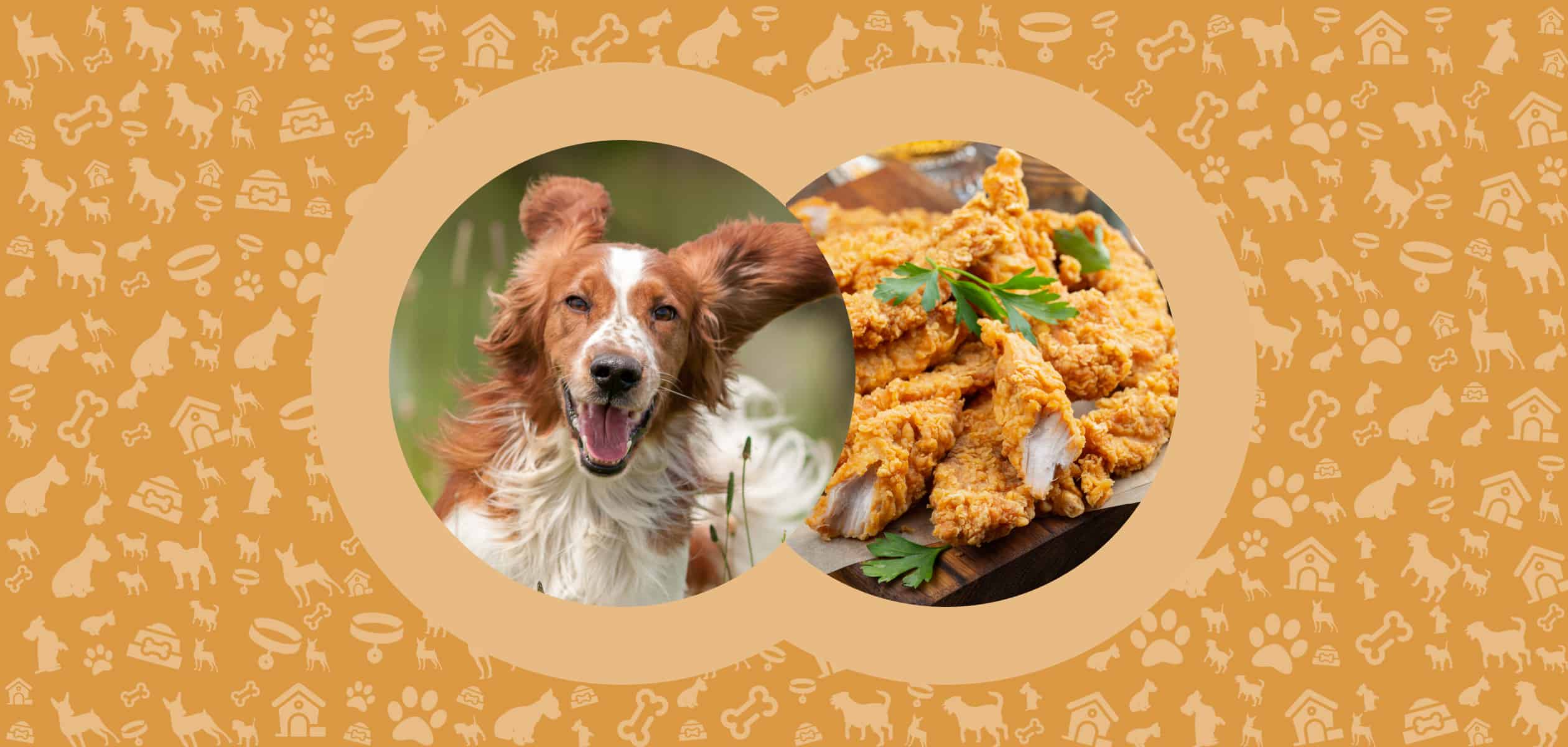
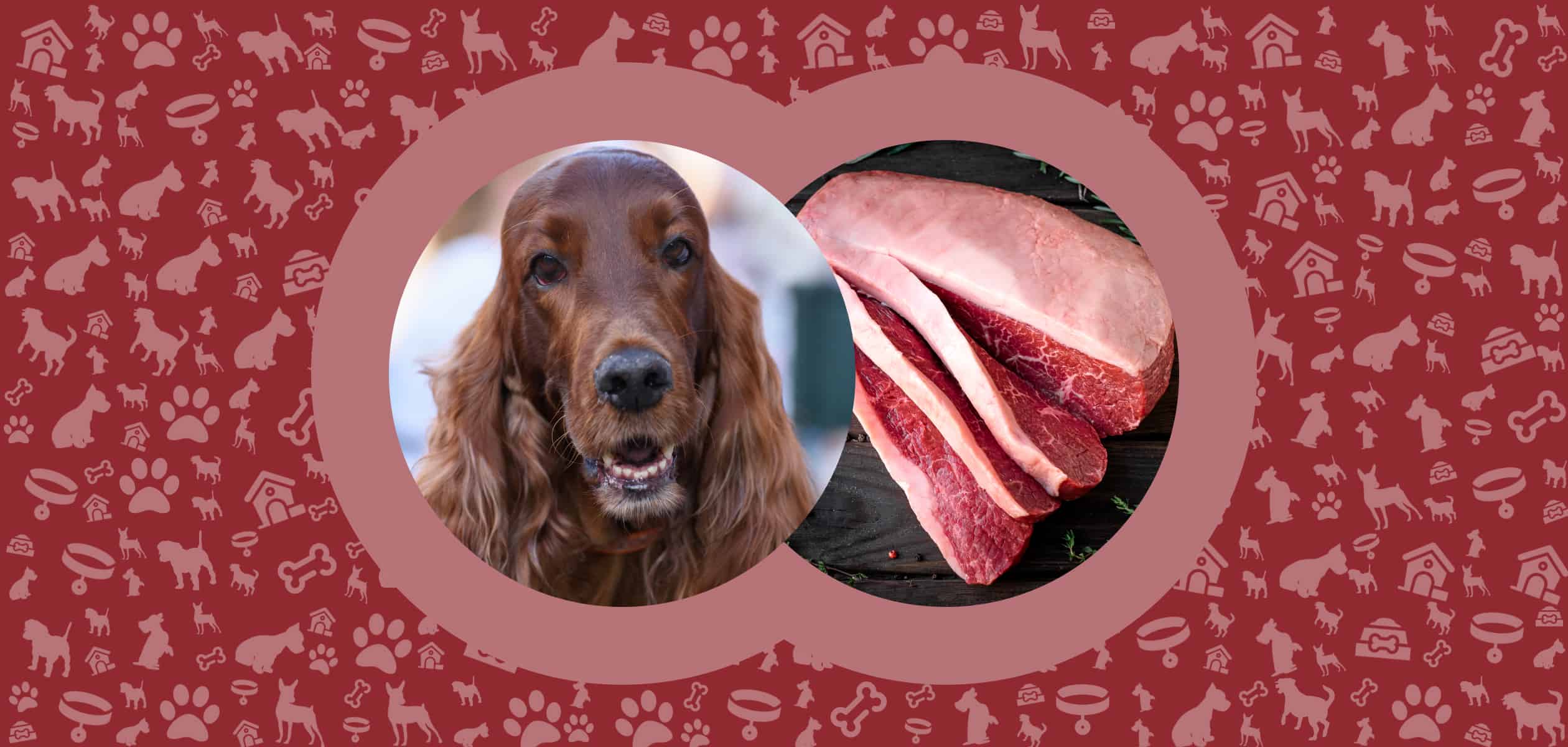
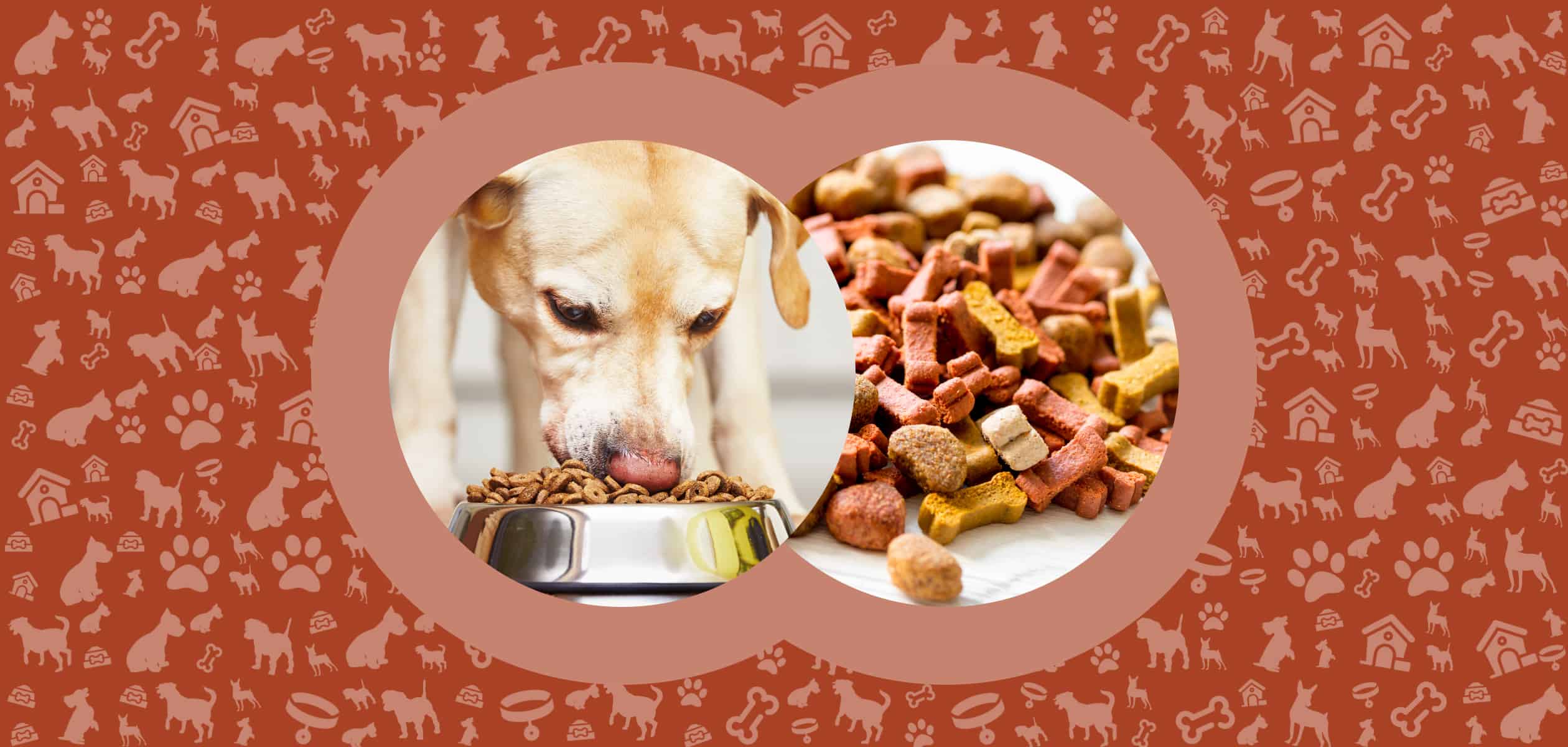
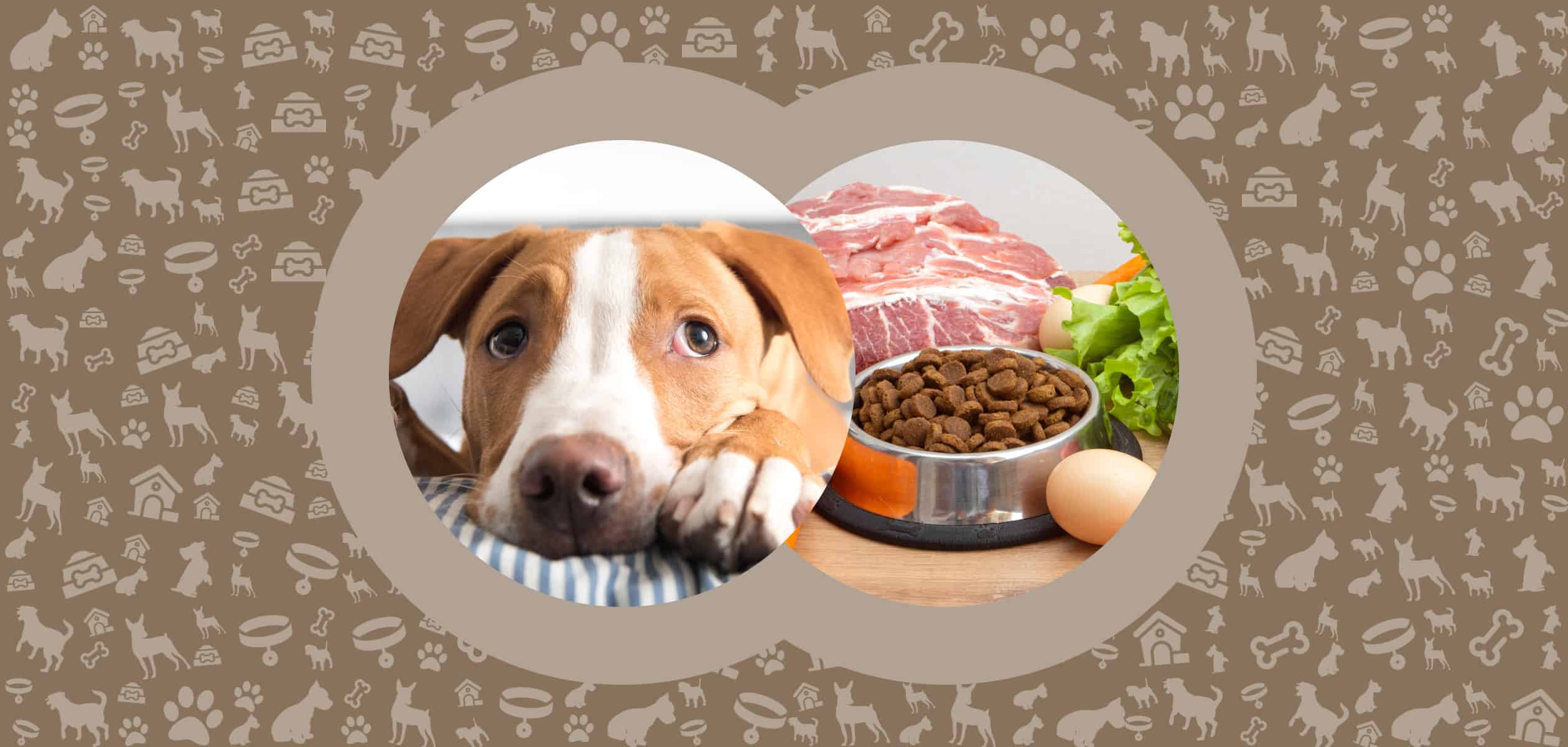
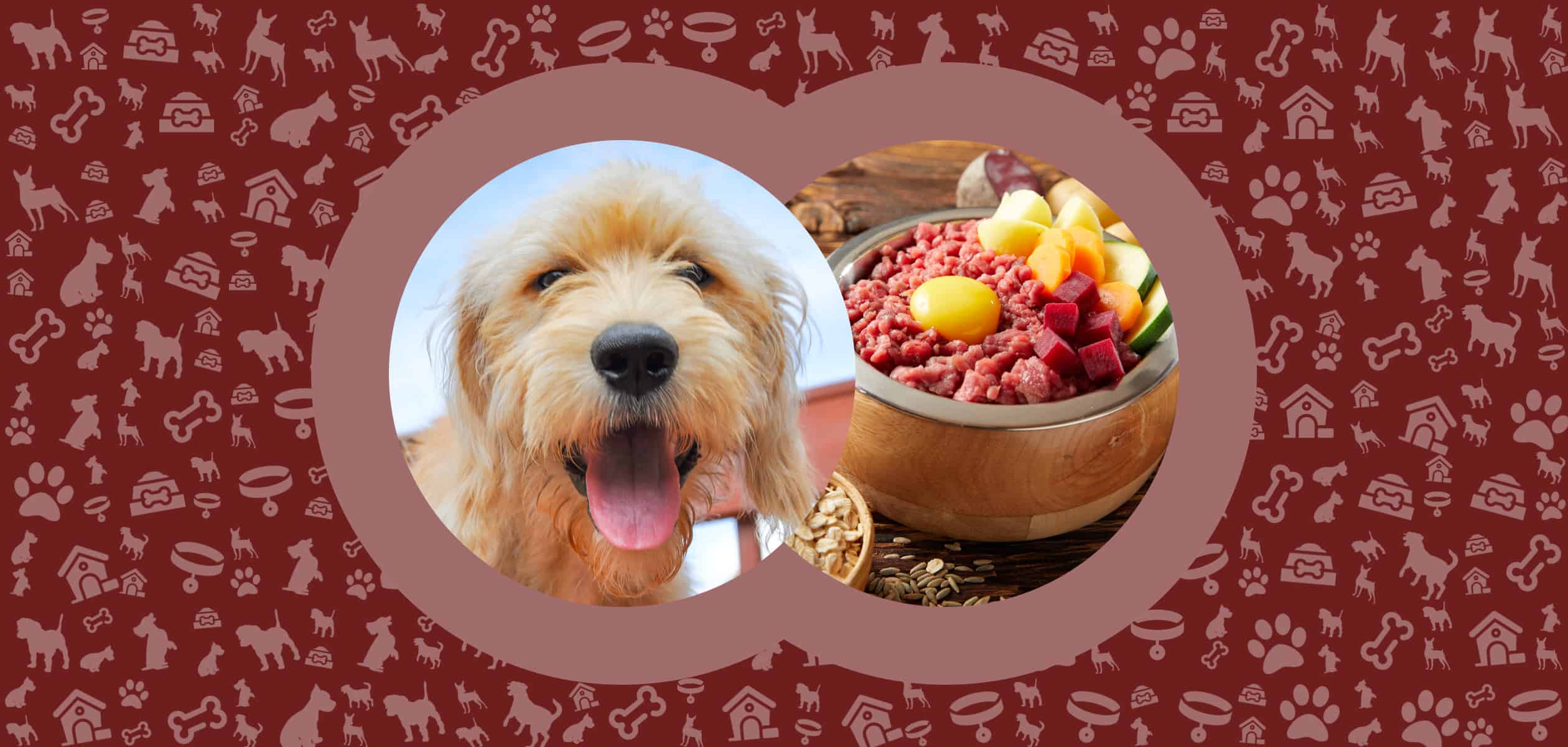
Leave a Comment